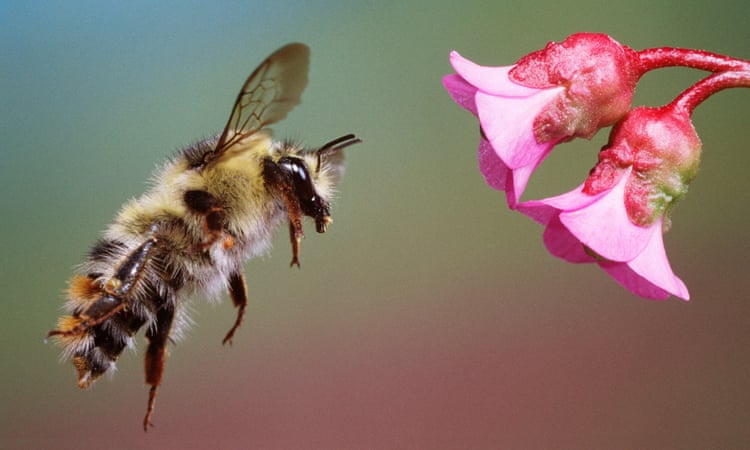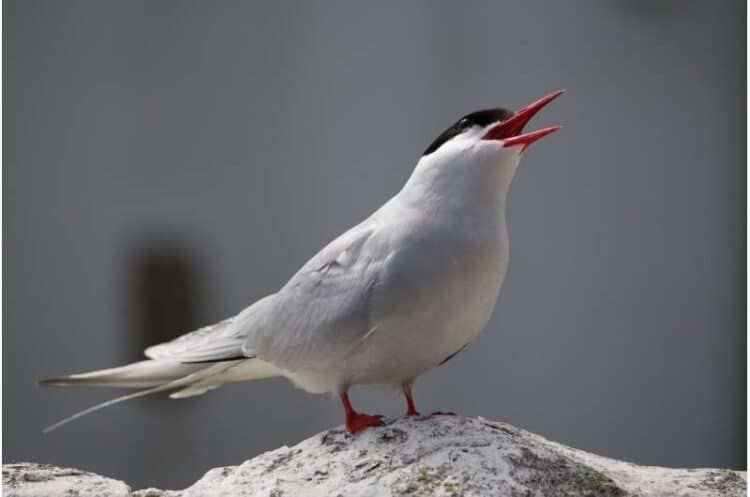Plants are flowering faster than scientists predicted in response to climate change, research in the United States showed on Wednesday, which could have devastating knock-on effects for food chains and ecosystems.
Global warming is having a significant impact on hundreds of plant and animal species around the world, changing some breeding, migration and feeding patterns, scientists say.
Increased carbon dioxide concentration in the atmosphere from burning fossil fuels can affect how plants produce oxygen, while higher temperatures and variable rainfall patterns can change their behavior.
“Predicting species’ response to climate change is a major challenge in ecology,” said researchers at the University of California San Diego and several other U.S. institutions.
They said plants had been the focus of study because their response to climate change could affect food chains and ecosystem services such as pollination, nutrient cycles and water supply.
The study, published on the Nature website, draws on evidence from plant life cycle studies and experiments across four continents and 1,634 species. It found that some experiments had underestimated the speed of flowering by 8.5 times and growing leaves by 4 times.
“Across all species, the experiments under-predicted the magnitude of the advance – for both leafing and flowering – that results from temperature increases,” the study said.
The design of future experiments may need to be improved to better predict how plants will react to climate change, it said.
Plants are essential to life on Earth. They are the base of the food chain, using photosynthesis to produce sugar from carbon dioxide and water. They expel oxygen which is needed by nearly every organism which inhabits the planet.
Scientists estimate the world’s average temperature has risen by about 0.8 degrees Celsius since 1900, and nearly 0.2 degrees per decade since 1979.
So far, efforts to cut emissions of planet-warming greenhouse gases are not seen as sufficient to prevent the Earth heating up beyond 2 degrees C this century – a threshold scientists say risks an unstable climate in which weather extremes are common, leading to drought, floods, crop failures and rising sea levels.
The study can be viewed at www.nature.com/nature. Re-posted from Planet Ark World Environment News 3/5/12- Lead Image: An insect rests on a dahlia in Hokuto, 150 km (93 miles) west of Tokyo October 23, 2010. REUTERS/Yuriko Nakao/Files.
Nic Slocum
Nic Slocum is an experienced naturalist and wildlife guide and is best known for his escorted tours taking enthusiasts out, both in Ireland and overseas, to view and photograph whales and dolphins. Nic maintains a lifelong passion for using the written word to promote the conservation of our wildlife and wild places and has appeared as an expert commentator on both radio and TV. A zoologist by training, Nic has published articles on conservation related issues in regional and national newspapers. Nic is a director of Whale Watch West Cork.com and Whales World Wide.com
- Web |
- More Posts(24)







Leave a Reply